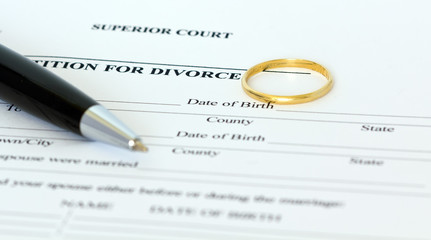There is a legal process that allows the state of New Jersey to terminate a parent’s rights to and relationship with their child. The DCPP (Division of Child Protection and Permanency) or the child’s other parent may request a termination of a parent’s rights in order to allow the child to be adopted by someone else. A parent can also voluntarily surrender their rights if they so choose. Regardless of the circumstances, it is essential that you understand the process of terminating parental rights in New Jersey to ensure that your legal rights and options are protected. Reach out to a Mountainside family law attorney for more information and skilled legal advice.
What Are Valid Grounds for the Termination of Parental Rights?
As a parent, it is important that you fully understand the various reasons why a court may terminate your rights to your child. Consider the following.
- Best interests of the child: The court can terminate parental rights if it determines that doing so is in the child’s best interest. Reasons why this might be for the best include if the parent has harmed or is likely to continue to harm the child, they are unable or unwilling to provide a safe and permanent home, terminating the rights will benefit the child more than hurt them, etc.
- Failure to cooperate or complete services: Parental rights might be terminated if the parent fails or refuses to cooperate with the state, meaning they fail to complete services offered by the DCPP despite being able to.
- Abandonment: Parental rights can be terminated based on abandonment if the DCPP does not know who the child’s parent is despite using all reasonable efforts to identify them, or if the parent has had no contact with teh child, the DCPP, or the child’s other or foster parents for 6 months without valid reason.
- Conviction of a crime: Being convicted or pleading guilty to a crime involving the abuse, abandonment, neglect, or cruelty to a child is a valid reason to terminate rights.
- Other court findings: The court could terminate a parent’s rights based on other findings, such as committing or attempting to commit murder, manslaughter, assault, or other serious acts against any of their children.
What is the Process of Terminating Parental Rights in NJ?
Below are the general steps involved in the process of terminating parental rights.
- First court appearance: A court date is scheduled to inform the parent about the action to terminate their parental rights.
- Discovery: Both sides gather information for the trial to support their arguments.
- Psychological evaluations: The parent may be required to undergo psychological and substance abuse evaluations, as well as be observed with their child to evaluate the relationship they have.
- Mediation: Parents, foster or adoptive parents, relatives, the child, DCPP workers, and any other involved parties can meet to negotiate and give the parties a chance to work out the dispute with a neutral overseer.
- Trial: If mediation does not resolve the dispute, a trial will be scheduled where a judge evaluates the relevant evidence and information before making a judgment on whether or not to terminate the parent’s rights.
For more information and skilled legal advice, reach out to an experienced attorney today.



